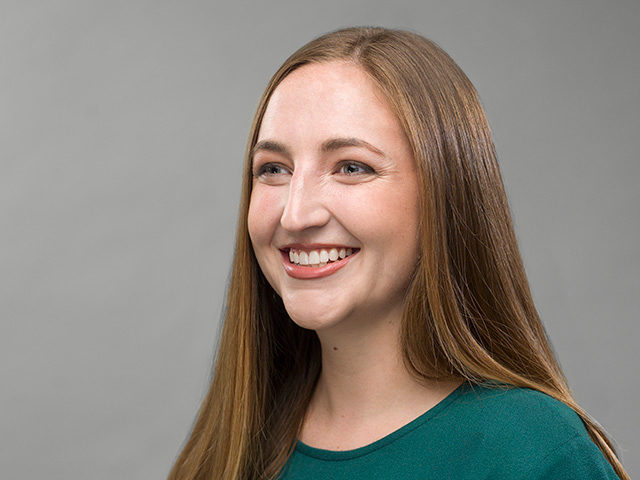The Board of Trustees of the Grand Rapids Community Foundation recently approved the following grant.
Disability Advocates of Kent County, was given a grant of $100,000 to launch ZeroStep, which will create a comprehensive resource center to help families modify existing, or build new homes with an eye toward accommodating current or future accessibility needs.
The new program will not only offer home assessments for clients but also home plan consultation, referral services to practiced Universal Design builders and funding resources for low-income clients. It is expected to be available beginning July of this year.
“We are trying to be proactive in the idea of making Kent County a very desirable place to live and expanding living options for everyone. With ZeroStep, we understand that as everyone is different, every disability is also different. So each assessment we do is geared towards the individual’s needs,” said Disability Advocate development director Jocelyn Dettloff.
The program will provide detailed information regarding the inclusion of Universal Design in new home construction while offering a wide-range of resources for people who are modifying their current homes.
According to Dettloff, Universal Design goes beyond barrier-free design. It incorporates features which make living easier for everyone. For example home-owners can have outlets higher on walls to prevent people from bending, lower light switches and lever handles for doors instead of knobs.
Dettloff reveals that on average, it costs only $1000 to a $1500 more to incorporate these features into a new home. It is her hope that the market-force motivated by people’s desire for more welcoming homes will drive change for this type of design.
“ZeroStep stands out as the most comprehensive program of its kind and will help make older and new homes in Kent County more accessible for people who are facing either a temporary or permanent disability,” said Marcia Rapp, vice president of programs for the Grand Rapids Community Foundation.
ZeroStep is supported with funds from the Estate of Curtis M. Wylie and the Lucy E. Barnett Trust for the Elderly.
